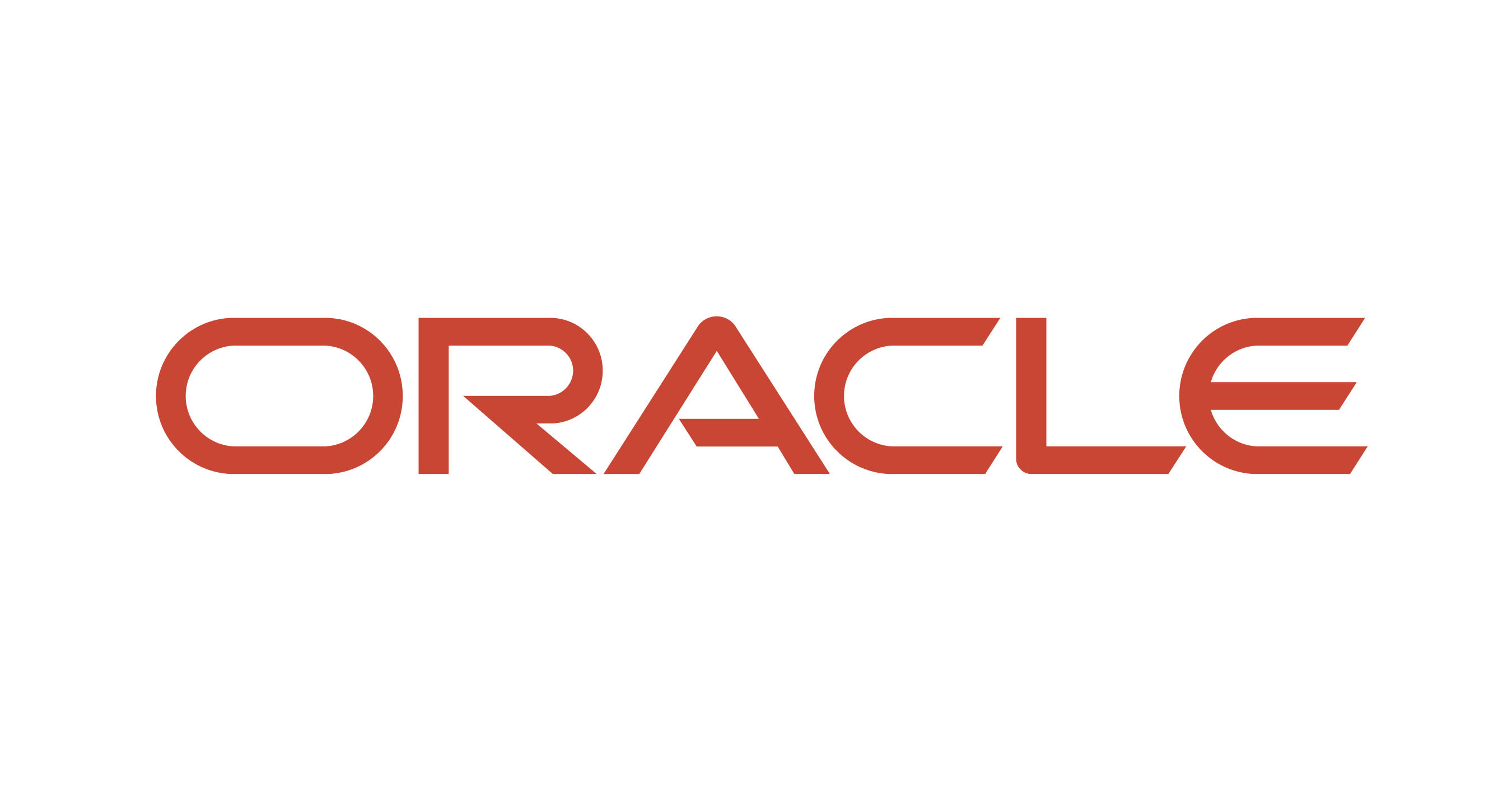The popular restaurant chain adopts Oracle Cloud to eliminate manual business processes and enhance the customer experience
AUSTIN, Texas, Aug. 2, 2023 /PRNewswire/ — Wendy’s, the second-largest quick-service hamburger chain in the U.S., has implemented Oracle Fusion Cloud Applications Suite and moved business-critical workloads to Oracle Cloud Infrastructure (OCI) to increase productivity, expand business insights, and improve the experience it delivers to its growing customer base.
The company’s vision is to become the world’s most thriving and beloved restaurant brand. As its operations expanded globally, Wendy’s found that its business systems, which were heavily reliant on manual processes, were taking time away from the ability of its employees and restaurant managers to provide an exceptional customer experience. To help increase efficiency and enable employees to focus on delivering quality food and service, Wendy’s decided to move its Finance and HR processes to the cloud with Oracle Fusion Applications Suite.
“Our vision is to create fast, frictionless, and fun user experiences for our employees, franchisees, and front-line workers to help drive consistent, quick, and convenient customer experiences,” said Stephanie Shaw, vice president of enterprise technology, Wendy’s. “Aligning Finance and HR on Oracle Fusion Applications Suite has allowed us to simplify and automate business processes to help build a culture of innovation and inclusivity and enable employees to spend less time on administrative tasks and more time thinking about and engaging with our customers.”
With Oracle Fusion Cloud Enterprise Resource Planning (ERP), Wendy’s has been able to consolidate 11 different financial applications on a single cloud ERP suite with embedded analytics to help increase productivity and improve controls. This will enable Wendy’s to expand insights into its business, enhance planning, and increase the speed and accuracy of its financial reporting. In addition, in concert with Oracle, Wendy’s developed a new billing management system to automate unique franchisee requirements around billing and payments. Wendy’s used Oracle Applications Platform leveraging OCI’s Visual Builder and Integration Cloud Service to ensure seamless connectivity with the rest of the Oracle Fusion Applications Suite. The custom application leverages Oracle Exadata Database Service and Oracle Autonomous Database running on Oracle Exadata delivering the right scale, performance, and availability.
Building on the success of its Oracle Cloud ERP implementation, Wendy’s is currently moving its global HR system to Oracle Fusion Cloud Human Capital Management (HCM). With Oracle Cloud HCM, Wendy’s will be able to standardize onboarding processes, enhance HR self-service capabilities, provide real-time visibility into goals and performance metrics, and give employees more control over their career development.
“The quick-service restaurant industry is fiercely competitive, and employees and managers play a key role in elevating brands through fast and friendly customer service,” said Steve Miranda, executive vice president of applications development, Oracle. “With Oracle Fusion Applications Suite, Wendy’s can automate processes and make faster, better-informed decisions to deliver exceptional customer experiences. Moving forward, Wendy’s has the technology foundation to embrace new services as it pursues its company vision.”
Oracle Fusion Applications Suite enables organizations to take advantage of the cloud to break down organizational silos, standardize processes, and manage finance, HR, supply chain, and customer experience data on a single integrated cloud platform. With quarterly update cycles, customers gain access to continuous innovation as new features are added every 90 days, without downtime or business disruption.
About Oracle
Oracle offers integrated suites of applications plus secure, autonomous infrastructure in the Oracle Cloud. For more information about Oracle (NYSE: ORCL), please visit us at oracle.com.
About Wendy’s
Wendy’s was founded in 1969 by Dave Thomas in Columbus, Ohio. Dave built his business on the premise, “Quality Is Our Recipe®”, which remains the guidepost of the Wendy’s system. Wendy’s is best known for its made-to-order square hamburgers, using fresh, never frozen beef*, freshly-prepared salads, and other signature items like chili, baked potatoes and the Frosty® dessert. The Wendy’s Company (Nasdaq: WEN) is committed to doing the right thing and making a positive difference in the lives of others. This is most visible through the Company’s support of the Dave Thomas Foundation for Adoption® and its signature Wendy’s Wonderful Kids® program, which seeks to find a loving, forever home for every child in the North American foster care system. Today, Wendy’s and its franchisees employ hundreds of thousands of people across approximately 7,000 restaurants worldwide with a vision of becoming the world’s most thriving and beloved restaurant brand. For details on franchising, connect with us at www.wendys.com/franchising. Visit www.wendys.com and www.squaredealblog.com for more information and connect with us on Twitter and Instagram using @wendys, and on Facebook at www.facebook.com/wendys.
*Fresh beef available in the contiguous U.S., Alaska and Canada.
Trademarks
Oracle, Java, MySQL, and NetSuite are registered trademarks of Oracle Corporation. NetSuite was the first cloud company—ushering in the new era of cloud computing.
SOURCE Oracle































